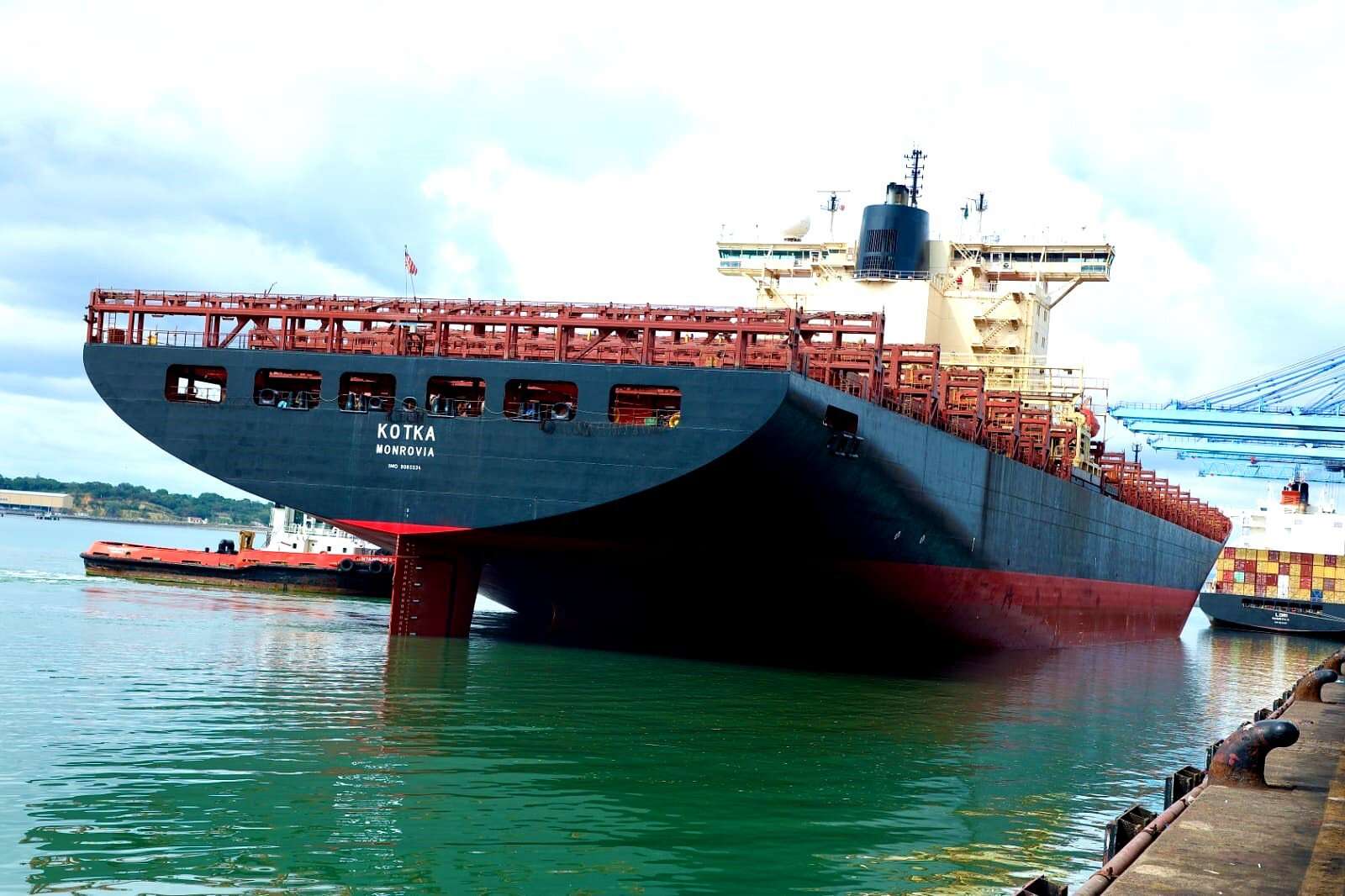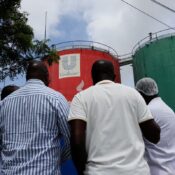
Port Mombasa receives its inaugural LNG-powered vessel
The Mombasa port was visited by the first-ever tanker propelled by liquefied natural gas (LNG) approximately two weeks ago, as indicated by an itinerary. This event has contributed to the gateway’s commitment to reducing emissions in accordance with the International Convention for the Prevention of Pollution from Ships (Marpol Convention).
Mv Arctic Tern, which is presently operating under the flag of Singapore, transported palm oil from Malaysia to Mombasa. The vessel, which was commissioned on March 14, 2024, is 32 meters in width and 183 meters in length.
LNG is becoming a popular option among ship owners as emissions regulations become more stringent. Consequently, they are transitioning to alternative fuels to power their vessels.
Natural gas extracted from subterranean reserves, including both onshore and offshore gas fields, is the source of LNG used to power ships.
The Port of Mombasa is given a significant boost by the arrival of Mv Artic Tern, which is a seaport that has joined other seaports worldwide in the implementation of MARPOL, the International Maritime Organization’s (IMO) primary convention for the prevention of marine environment pollution by ships from operational or accidental causes.
Julius Koech, Director of Maritime Safety at the Kenya Maritime Authority (KMA), has stated that the maritime and cargo industry is utilizing alternative fuels as part of its strategy to mitigate the effects of climate change.
“The levels of LNG emissions when burned are significantly lower than those of heavy fuels, which are currently in use. This is also advantageous to the ship owner in terms of fuel acquisition costs,” he stated.
The International Air Pollution Prevention Certificate, which is issued by the flag state of the ship, is required for all ships of 400 gross tonnage or more that are engaged in voyages to ports or offshore terminals under the jurisdiction of other parties, as per the Marpol regulations.
Ships are required to use low-sulphur fuel oil to comply with IMO regulations in order to obtain the certificate. Refineries may combine high-sulphur (non-compliant) fuel oil with low-sulphur fuel oil to create a compliant product.
According to Mr. Koech, the market is anticipated to see an increase in the number of LNG-powered vessels as more participants adhere to anti-pollution regulations.
“Moving forward we are going to see these kinds of ships plying the seas because the ambitious plan from the international arena is to decarbonise the shipping industry by 2050,” said the representative.
Last year, the Port of Mombasa joined other ports worldwide in the implementation of the new IMO Global Sulphur Cap 2020 rule, which was enforced on January 1, 2020.
As part of a global initiative to mitigate air pollution by reducing sulphur oxide emissions, the regulation mandates that all seagoing vessels utilize low-sulfur fuel.
In December of the previous year, Alba Petroleum and Alfoss Energy Ltd, both of Mombasa, were contracted to refuel ships that were docked at the port with products that contained 0.5 percent sulphur, as opposed to the previous limit of 3.5 percent.
Bunker suppliers, hydrocarbon refiners, and ship operators are all impacted by the legislation. The International Convention for the Prevention of Pollution from Ships seeks to decrease Sulphur oxide emissions from ships by 77%, or approximately 8.5 million tons annually.
All Categories
Recent Posts
Tags
+13162306000
zoneyetu@yahoo.com


